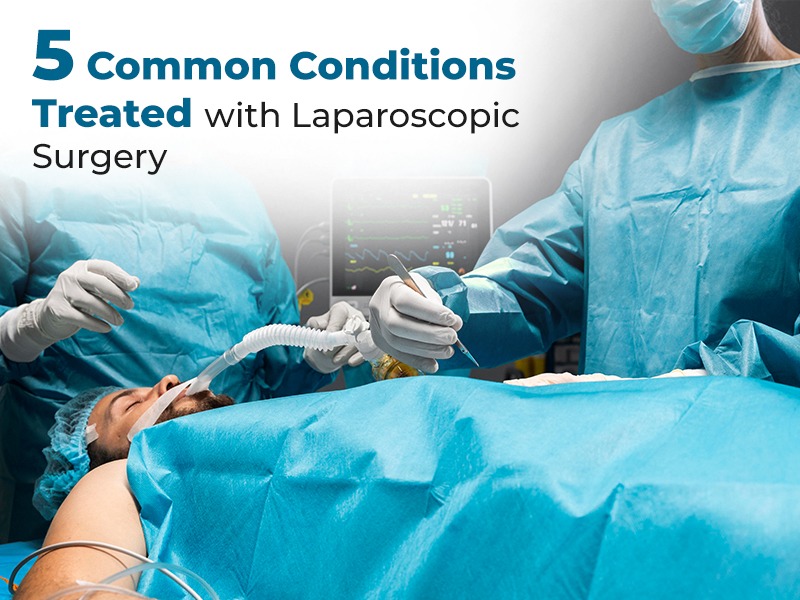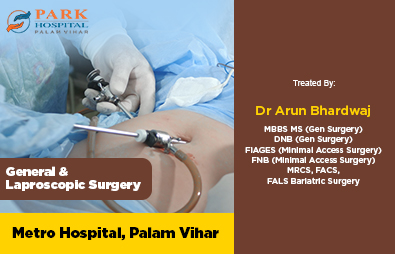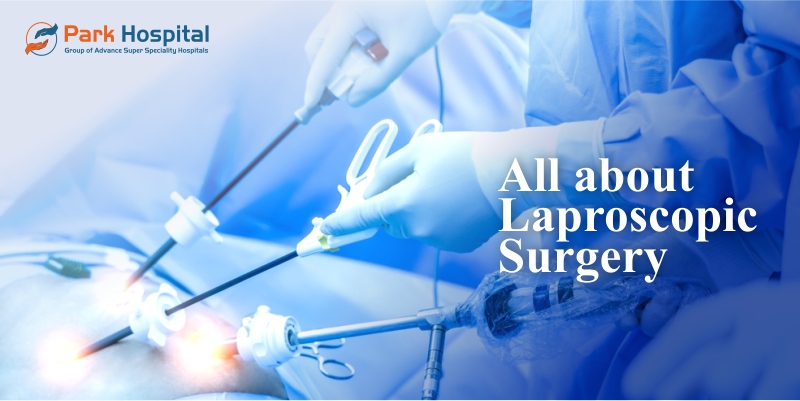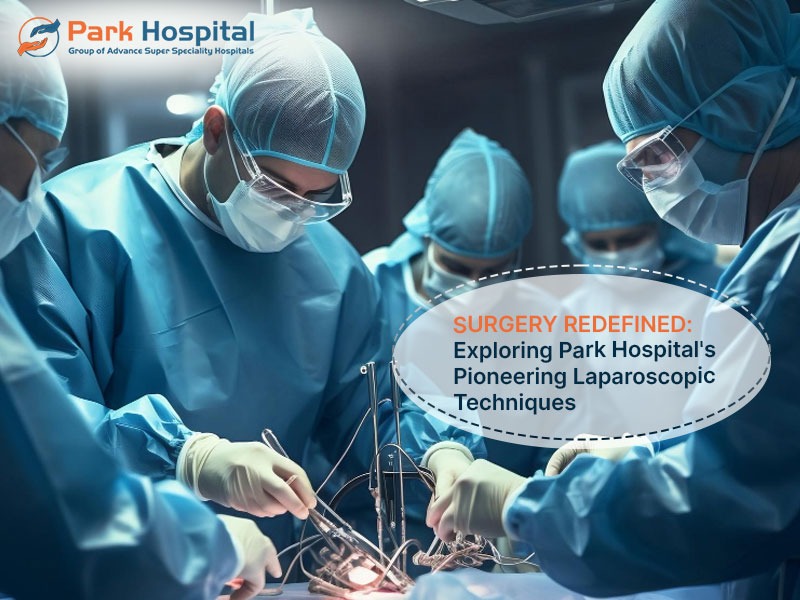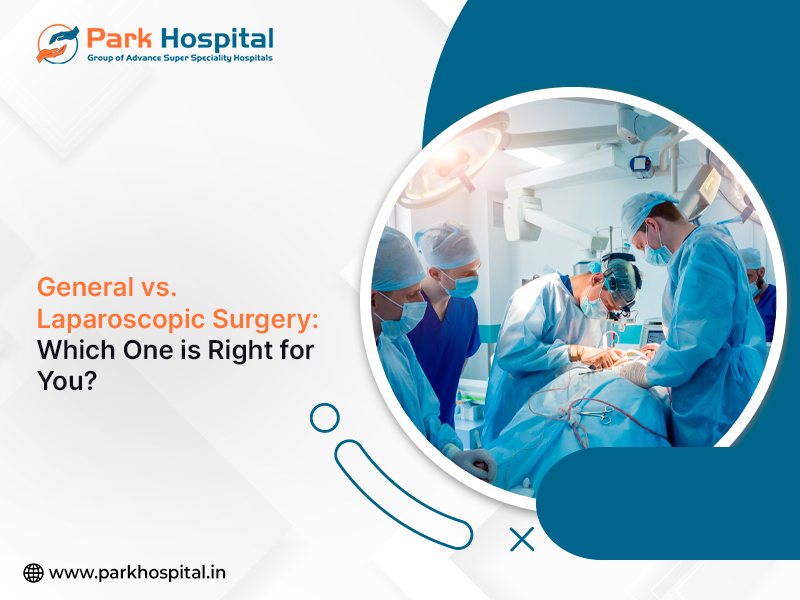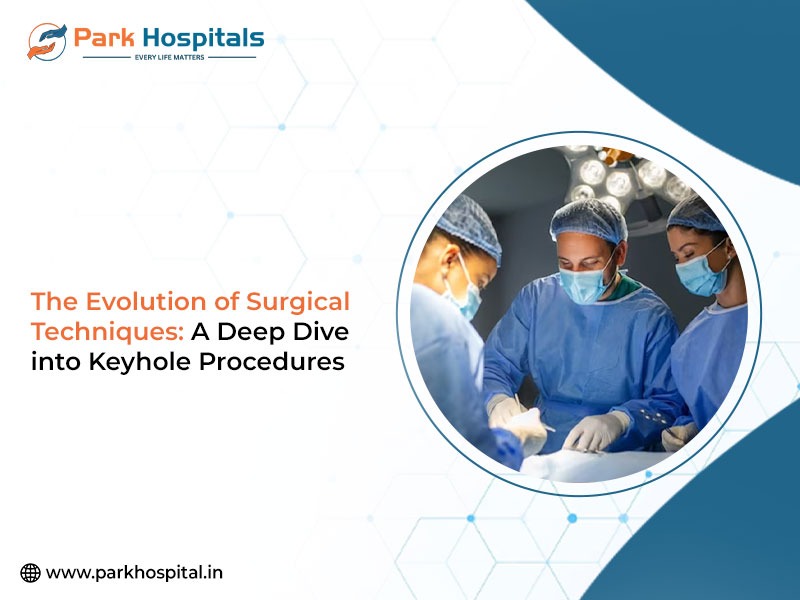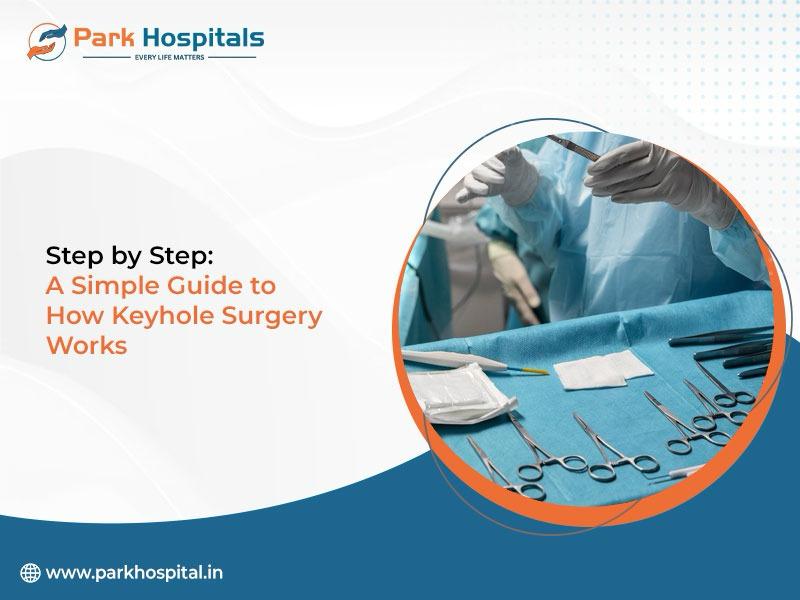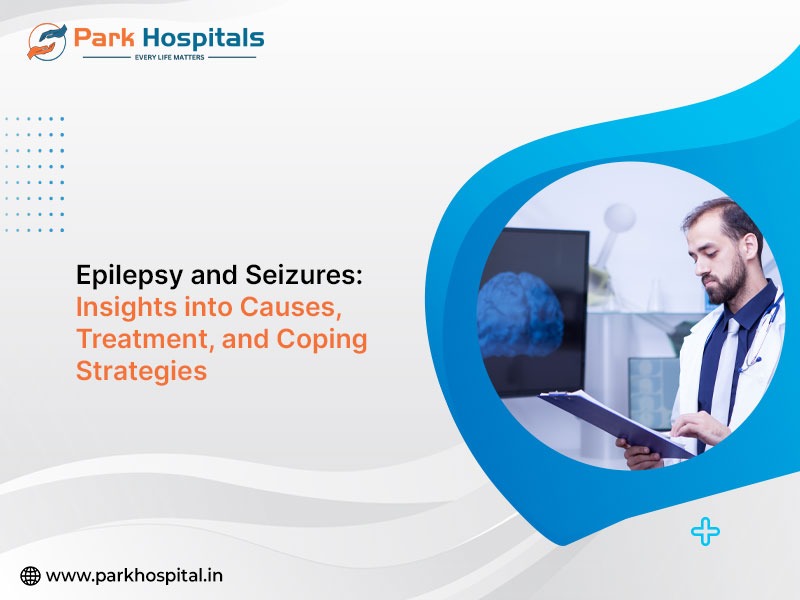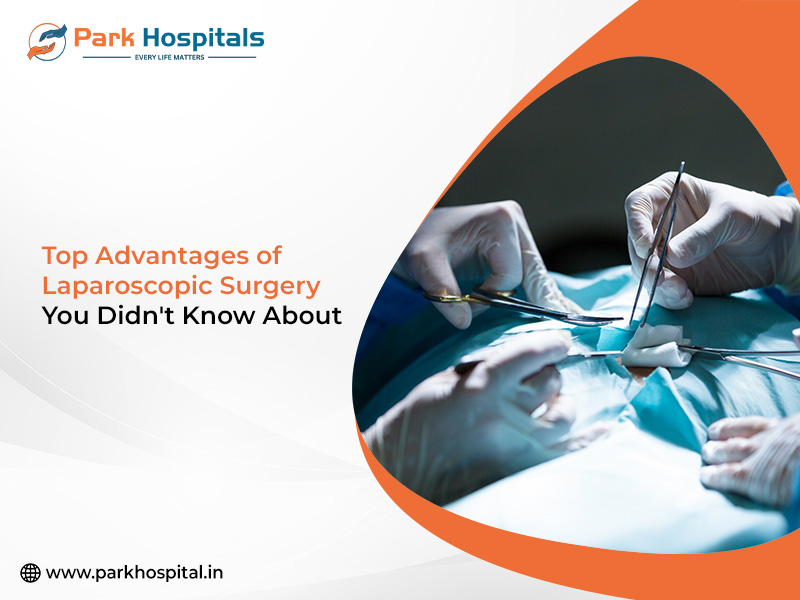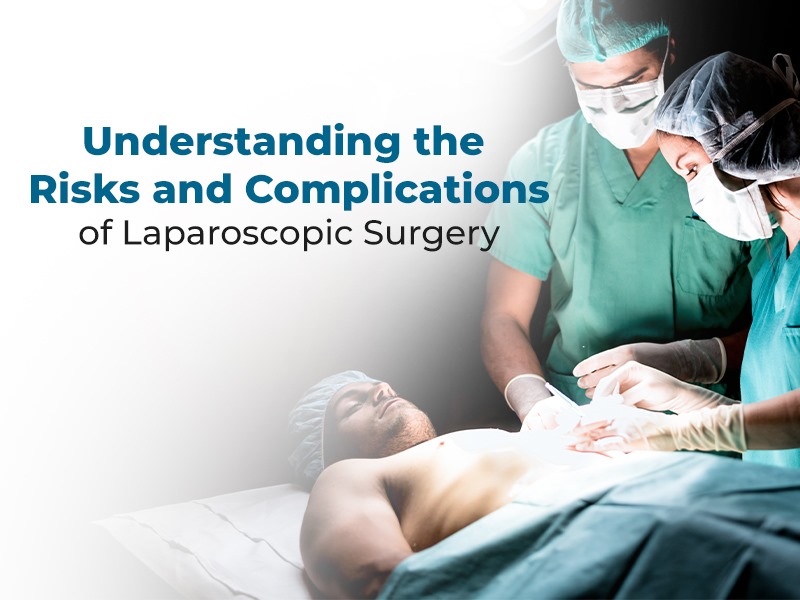Introduction
Laparoscopic surgery is a treatment method that is minimally invasive in nature, causing less scarring and quick recovery time. By using small incisions, the technologies have advanced over time, offering patients a holistic recovery and healing. This procedure uses a camera called a laparoscope, helping the Laparoscopic surgeon to perform their work with precision and accuracy. They get a clear vision of all the internal organs through this state-of-the-art equipment, allowing them to treat a number of conditions with minimal invasiveness. Let’s dive into the variety of conditions that can be treated with a laparoscopic technique.
Hernias
Hernia is a painful condition that occurs when an internal organ or tissue pushes through your body, especially your abdomen, leading to extreme pain. The pain intensifies gradually and can lead to obstruction or strangulation of the intestine if left untreated or without proper medical care.
In a laparoscopic surgery, the bulged-out tissue is pushed back into its place, reinforcing the weakened area with a synthetic mesh, which serves as additional support to prevent recurrence. In comparison to a traditional method of treatment, this surgery causes less trauma to the body, leading to a reduced chance of infections. Hence, people highly prefer to visit the best laparoscopic surgeon for holistic healing.
Gallbladder Disease
Gallstones, a gallbladder disease, is one of the most common diseases that can be treated through the procedure of laparoscopic surgery. Gallstones are usually caused when bile juice turns into stone-like masses, leading to intense pain and discomfort. A traditional surgery usually requires a large incision in order to treat it. However, this could lead to extended periods of recovery and increased postoperative pain.
A minimally invasive technique such as laparoscopic surgery can prove to be of extreme help. The procedure leads to a highly precise removal of gallstones with minimum damage to the surrounding tissues and organs. It also leads to prompt healing, allowing the patients to go back to their daily activities quickly. This method of treatment has proved to be one of the best approaches to gallstone removal, largely replacing open surgery as the standard approach.
Appendicitis
Appendicitis is a condition that requires a quick medical intervention and rapid surgical treatment due to its severity. It is a condition in which the patient suffers from an inflamed appendix, and surgery within 24 hours becomes a necessity, as otherwise, the chances of their appendix being ruptured increase.
Laparoscopic appendectomy is a preferred treatment option for patients with uncomplicated cases. It consists of a small incision and the insertion of a laparoscope, through which the appendix is removed carefully without harming the surrounding organs. The procedure is the reason behind the precision of the Laparoscopic surgeon and their successful surgical treatment.
Obesity (Bariatric Surgery)
Laparoscopic surgery has revolutionized the field of bariatric (weight-loss) surgery, offering hope to individuals struggling with obesity. Laparoscopic bariatric procedures, such as gastric bypass and sleeve gastrectomy, are designed to help patients lose significant weight by either reducing the size of the stomach or altering the digestive process as a severe case of obesity can lead to numerous health complications, including type 2 diabetes, heart disease, and joint problems.
Gynecological Conditions
Laparoscopic surgery has become a vital instrument in detecting and diagnosing several gynecological conditions, such as endometriosis, ovarian cysts, fibroids, and pelvic inflammatory disease (PID). In the case of endometriosis (where a tissue extremely similar to the uterine lining grows outside the uterus), this technique allows the best laparoscopic surgeon to have a precise vision of all the pelvic organs in order to remove this lining. Similarly, ovarian cysts are removed through the accuracy of this device, leading to shorter hospital stays, less scarring, and quicker recovery.
Advanced Care at Park Hospital: Leading the Way in Laparoscopic Treatment
Each of these conditions demonstrates how laparoscopic surgery has transformed modern medical treatment. This minimally invasive approach offers patients a faster, safer, and more efficient path to recovery, allowing them to return to their daily lives with minimal disruption.
Park Hospital stands out for its commitment to employing state-of-the-art surgical methods, which reflects its dedication to patient-centered care, ensuring that each individual receives personalized treatment tailored to their unique needs. Moreover, Park Hospital’s team of skilled surgeons and healthcare professionals stays at the forefront of surgical innovation. This commitment not only improves surgical outcomes but also fosters a sense of trust and confidence among patients seeking treatment. Through these efforts, Park Hospital continues to be a trusted partner in the health and well-being of the community it serves.

